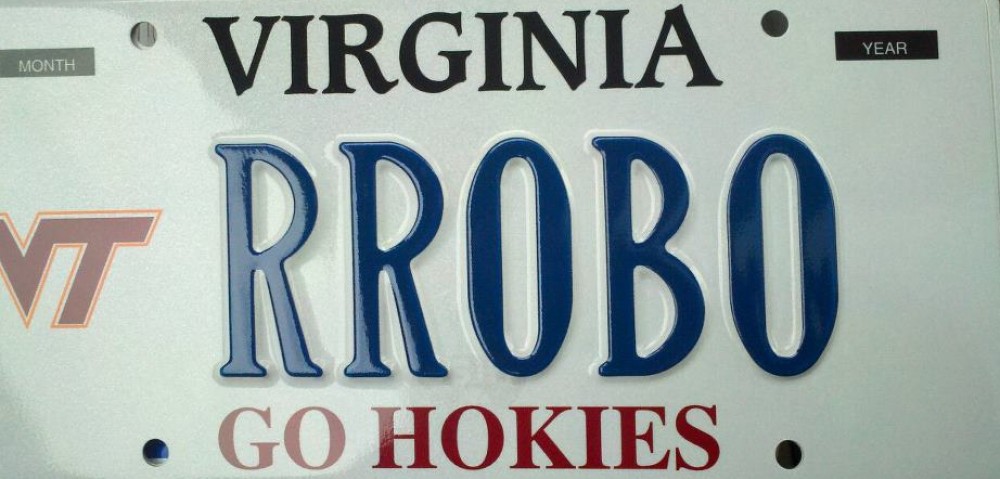As a newbie to the goat milking scene, I didn’t realize how much of an art it is to have and own goats. But we’ll get into that later. Brad Kessler’s book The Goat Song is quite touching, and he really makes you feel his emotions as you read through it, as well as gaining some very interesting knowledge on goat etiquette. Digging deep into the roots of goat domestication, as well as giving background knowledge on things related to goats (such as “scapegoats”), and how goats tie into religion and spiritual values is just the start of it. But wow, does he go in depth on the goat owning process.
To start, just choosing which goats to have is a process itself. You need to decide what color, attitudes, age, gender, size, etc. that’ll fit your needs. Not to mention if you do decide to milk it, you don’t know how its going to react (talking about that b**** Hannah who was a tussle to milk). Once you’ve made your selection, you also have to prepare an area for them, with pastures, a barn, stalls, the whole 9 yards. Finally, the part that would get me everytime, taking the chosen goats away from their friends and family (goats).
Do you think goats have emotional feelings about being separated from their mothers, fathers, goatly friends, and so on? Or for any animal of that nature, just talking about goats here because of he relevancy. But seriously, is there torment to a goat’s psyche when taking it away from the goats they have been with all their (short) lives? Kessler kind of made it seem so, talking about how the goats and kids shrieked and screamed when leaving, as well as when the sisters were separated while the one was dealing with the serious infection. Food for thought.
Kessler’s description of the inseminating of the goats was, well, remarkable. Not in a “woah dude, that’s weird” way, but a “wow, that’s interesting” way. Female goats, while in heat, put off an odor strong enough that made any male goat, well, stiffen up at the slightest scent of it. And again, humans have a big decision as to what goat they want to impregnate their females, based on similar traits as listed off previously. Finally, once the choice is made, it doesn’t take hardly a push at all for the two to mate whatsoever.
But the real art to this masterpiece, is the milk. Oh what time and precision is put into the milking of the goat. After the birthing of the babies, the goats are almost immediately ready to go. Although I do kind of have a problem with the separation of the kid from its mother’s milk. I know, I know, I’m a hypocrite because I drink dairy milk, and that’s the same thing, But as Bulliet would say, I am a post-domestic thinker, whose been carefully separated from this part of the milk process, and I prefer to buy the gallons of milk from the store, versus watching the babies fight to gain access to their mother’s udders, and being denied every time at the hands of a human.
Gosh, all this reading is starting to mix with one another.

It’s true that the themes of our readings seem to loop back on themselves. My hope is that they do so in ways that enrich the tapestry of our thinking about what living domestication means (rather than just confusing everyone!) Fortunately, the debate about whether or not animals such as goats have emotions, has pretty much been settled and the answer is YES. (We can talk in class about why humans have been intent for so long to deny that this is so.) The book that’s next on my reading list (after I finish Rob Dunn’s, The Wild Life of Our Bodies), is Virginia Morell’s, Animal Wise: The Thoughts and Emotions of Our Fellow Creatures, which just came out in February.
I think it is interesting that even though we know how horrible getting milk from animals is for the animals involved, we still do it. I mean, I buy milk even though I know dairy cows live in horrible conditions. Does the fact that I don’t actually see the cows and their calves make it somehow easier for me to condone that treatment of animals by buying milk? As a vegetarian it almost seems hypocritical to continue to consume any animal products, but I do anyway. It seems like an interesting contradiction of a post-domestic view of animals.